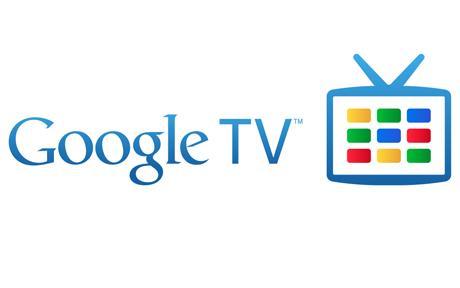
What we've grown to love on our mobile phones is no longer simply stuck on our phones. As our operating systems, which have focused on the mobile market for so long, continue to advance and become more powerful, keeping pace with the technology that powers it, we can expect to see operating systems all over the place. Indeed, it's not surprising anymore to hear talk about an iOS-fused TV (keep on dreaming!), or small devices that connect to our televisions that run specific platforms.
Our mobile operating systems are expanding, getting more advanced, and yet making sure that our mobile devices aren't forgotten about at the same time. After all, you're able to use your phone to interact with those other devices, and we all know that (in most cases) keeping the same ecosystem from one device to another usually means the best results or experience.
There are certainly exceptions, but for the most part manufacturers want you to stick with one ecosystem. That's why they keep trying to expand it.
I'm a sucker for that type of thinking, too. I'll admit it. I'll admit it all day long! But that's because I have this strange belief that the best experience should come from a shared ecosystem. If I have, say, an Xbox 360 attached to my TV, the best experience should come from the SmartGlass app on my Windows Phone-based smartphone. Not from another phone, that just so happens to have a SmartGlass app.
But for the most popular applications, such as Microsoft's SmartGlass, they'd be foolish to limit it only to Windows Phones. That'd just be silly. That's why the app is available on iOS and Android. However, that doesn't mean the experience on those other platforms should be better. It should be better within the ecosystem. That way people want to use it within the ecosystem.
(For what it's worth, that could very well turn out to be the case after next month, when the Xbox One launches, along with new SmartGlass apps across the board.)
Google's been going after the ecosystem for a little while now. They've got Android on all sorts of devices, from smartphones to TVs and USB dongles. Google wants you to be comfortable using Android from one device to the next. That's only going to become more apparent as we move forward. Especially with Android 4.4 KitKat right around the corner.
Google's aim to make Android accessible on more devices or "for everyone," just strengthens the idea that Google is aiming to get Android on even more devices, so that you don't have to leave the (expanding) ecosystem if you don't want to. You can be happy using Google Music, or Google Play Games or Google Books or whatever else because you'll be able to access it from another device.
I know a lot of houses that have multiple iOS devices, or Apple devices. I used to be the same way. It's why I was using the iPhone for so long, simply because I had that ecosystem and cloud services and apps that made it work. Google has that, they're expanding it, and I know a few households that are working towards having an all-Android environment in their home.
I can't help but wonder if there are a lot of households like that, like those Apple-filled homes, but who have decided to go with Google instead. It's not impossible, or even hard, to find a way to get Android on basically all the devices you'd want to use every day, from your TV to your tablet.
So, do you have an Android household? How many Android devices do you have, and use every day? Have you tried to stick with Android, to build your ecosystem, or do you have other platforms for specific devices? Let me know!